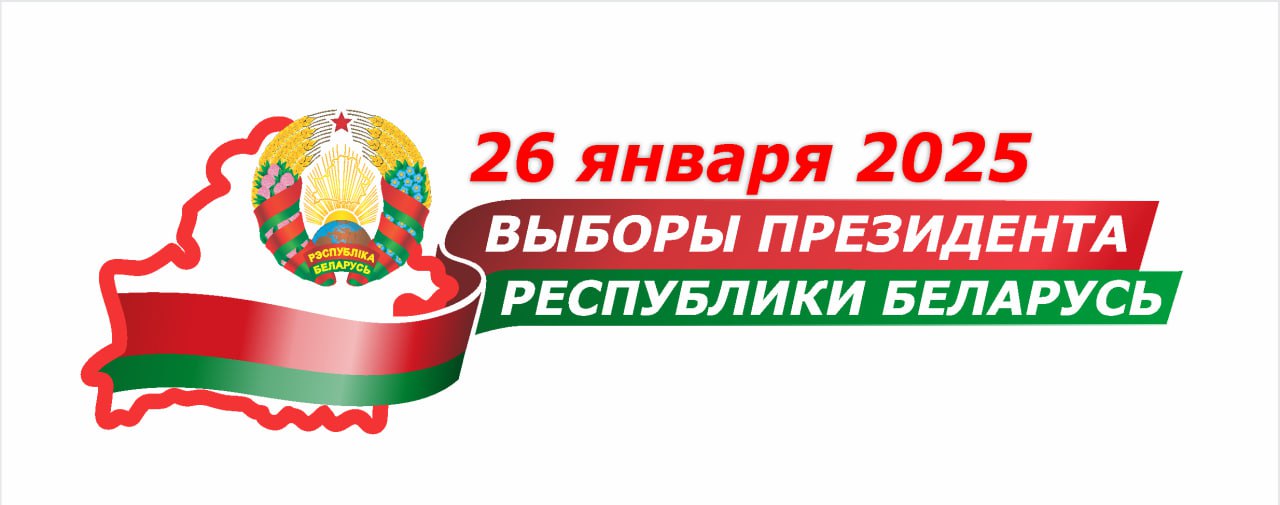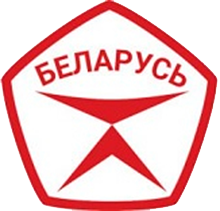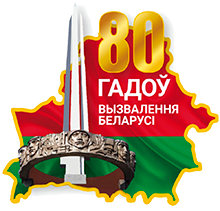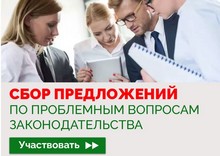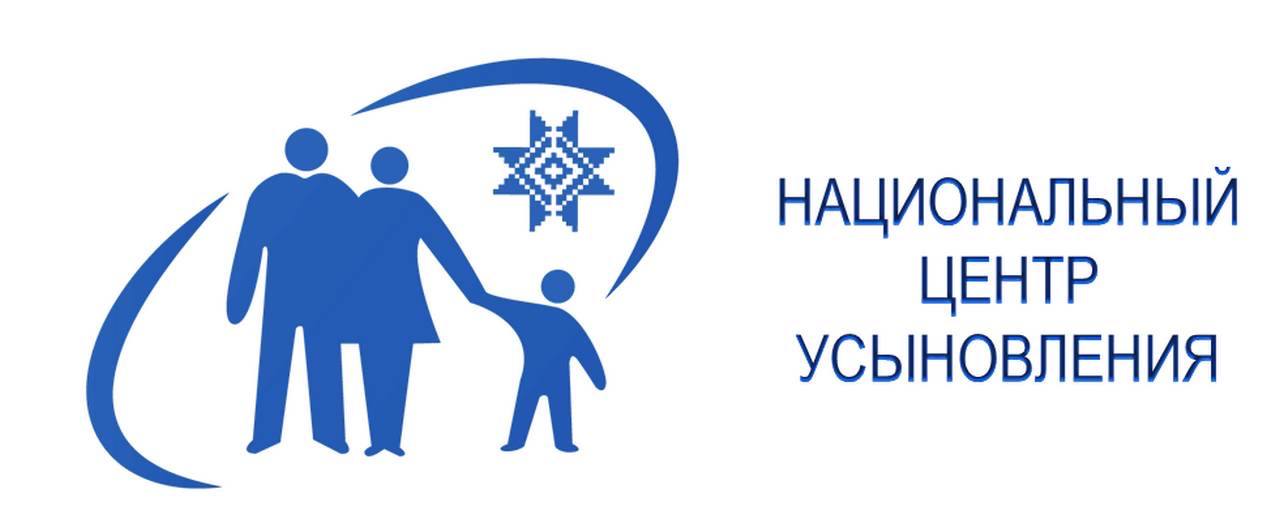Belarusian President Aleksandr Lukashenko noted the successes in cooperation with Russia's Mordovia as well as pointed out a number of obvious gaps in bilateral relations with the region as he met with Head of Russia's Mordovia Artyom Zdunov in Minsk on 19 October, BelTA has learned.
Greeting the delegation, the president noted that for the head of Mordovia this visit to the Belarusian land was much more than just a working trip: “You are coming close to the heroic history of your family. Belarus remembers well the deed of Senior Sergeant Vasily Zdunov, Hero of the Soviet Union, committed during the Great Patriotic War.”
In this regard, the president welcomed the initiative of the head of Mordovia to establish twinning ties between Cherven District of Minsk Oblast, where Artyom Zdunov's grandfather's brother fought the enemy, and his homeland - Atyashevo Municipal District of Mordovia.
“Our today's battles continue in the fields, factories, cultural and information sectors, in schools and universities - for our truth, our development prospects, our right to be sovereign and independent. With a strong economy, we will have it all. This is the basis of everything,” the Belarusian leader said.
Last year, the parties reached a record high trade of nearly $90 million. In January-August 2023, these figures rose significantly - the growth made up almost 300%, or $115.7 million.
“We still have a huge untapped potential. We have enough resources for further development in this regard,” the president is convinced.
According to him, the parties traditionally cooperate in machine-building and metallurgy, chemistry and petrochemistry, electronics, and agro-industrial complex. Almost 15% of Belarus' needs in fiber optics are covered by imports from Mordovia.
The head of state thanked the head of Mordovia for prompt assistance in supplying railroad cars for the needs of Belaruskali and other Belarusian enterprises.
Our country's economic entities export a wide range of products of machine and machine-tool construction, woodworking, chemical and light industries, agricultural raw materials and foodstuffs.
At the same time Aleksandr Lukashenko pointed to an obvious gap in the relations - the absence of bilateral production and cooperation projects. “Today is the most appropriate time to develop industrial cooperation, and joint import-substituting manufacturing in the first place,” he said. “More so, as I have been briefed, that Mordovia is among Russia's leaders in terms of the innovative products share in industrial production.”
Mordovia's leading innovation areas - fiber optics and pharmaceuticals - are of great interest for Belarus, the head of state said. “What opportunities do we have to develop these areas together?” the president asked. According to him, the experience of the free economic zone recently developed in Mordovia is also interesting to Belarus, especially since every region of Belarus has such sites.
“We could team up to develop joint ventures in micro- and radio electronics. Belarus has preserved the relevant competencies since the Soviet times and continue developing them successfully,” Aleksandr Lukashenko said.
Belarusian specialists also find it interesting to take part in the development of the Federal Biotechnology Center in Mordovia. Belarus has already accumulated certain experience in this area and plans to set up a whole biotechnology cluster on the basis of the Belarusian National Biotechnology Corporation.
“Given the recent pandemic situation around the world, drug safety is becoming increasingly important. This is one of the investments in the future not only of our countries, but also of the entire world,” Aleksandr Lukashenko stressed.
“You are also probably aware that we are now actively working with Russian partners on the concept of an airplane for regional transportation. Perhaps, given your production potential, we could find common ground on this issue as well,” the head of state said.
The president voiced Belarus' interest in cooperation with the company Ruzkhimmash in the development of foundry production and production of equipment for the chemical industry. The head of state also mentioned Belarus' readiness to share experience and technologies of using secondary resources, including synthetic RDF-fuel, to produce thermal energy. “The topic is not a simple one, but it is very promising,” Aleksandr Lukashenko said.
The head of state also welcomed the initiative of Mordovia to set up a multifunctional center for the sale and technical support of Belarusian-made machinery.
“I believe it is useful to exchange our best practices in organic farming, modern agricultural technologies and processing of agricultural products, selection and breeding,” the president continued. “We can also expand cooperation in the supply of agricultural products and foodstuffs.”
“I am confident that we can find new opportunities to cooperate in construction, housing and communal services. Here we still have a lot of work to do. And we have to start somewhere,” the head of state said.
It is also high time for the parties to launch wide interaction across the whole spectrum of humanitarian cooperation, including science and education, culture and art, twinning ties, sports and tourism, the head of state said. “The most important thing is to give our young people an opportunity to communicate,” he added.
Speaking about the forthcoming international exhibition-forum Russia at VDNKh in Moscow in November, where Mordovia is set to present its best achievements, Aleksandr Lukashenko suggested instructing the governments to hold a meeting as part of the forum at VDNKh and update joint agreements. Representatives of Mordovia can also get familiar with Belarus' recently-renovated pavilion at VDNKh.
“As you can see, there are a lot of interesting topics for cooperation - both for the near and distant future. Anything we agree on will be fulfilled,” the President emphasized. “It is very important for us that your visit to Belarus be filled with concrete agreements. We are ready for it.”
Written by belta.by
